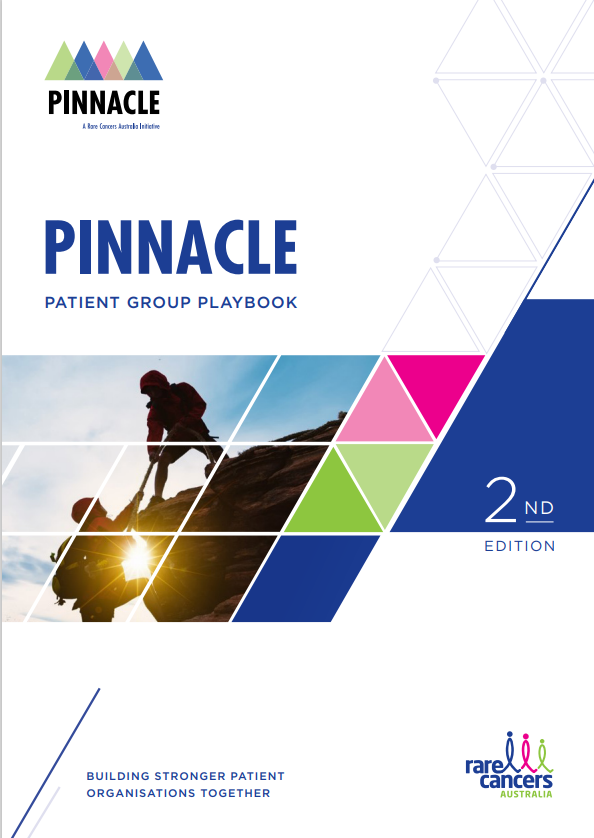
About the Playbook
The Playbook includes guidance on the common challenges we all face and aids with planning and structure. Most importantly, it shares all the lessons learned by Rare Cancers Australia team and others over the years.

You are currently viewing limited content from the Playbook. To see the full detailed chapters, you must sign up to be a community member and sign in.
